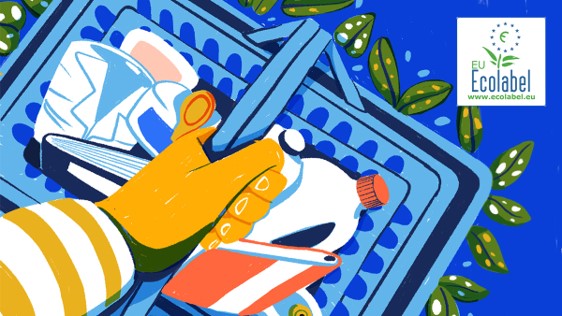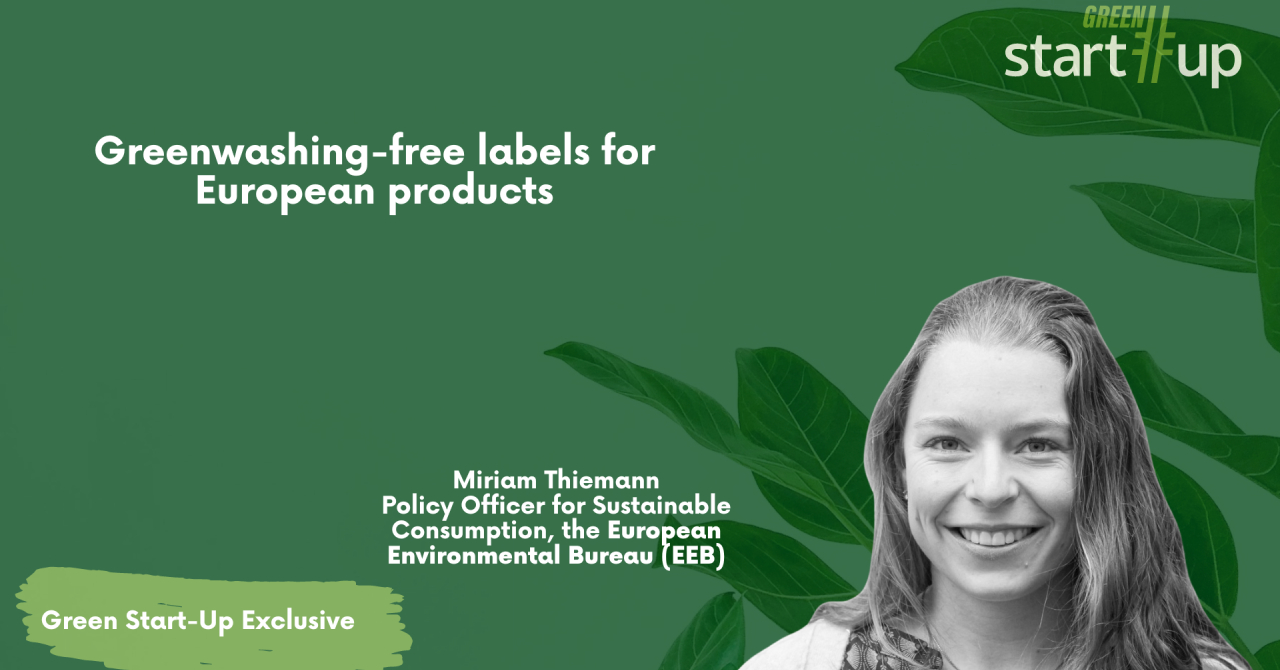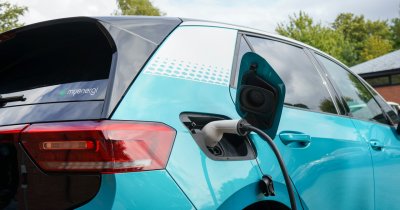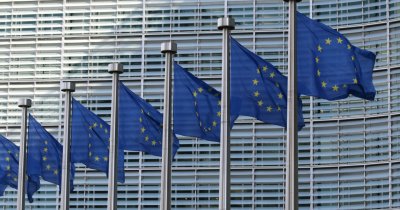As per EU officials, the use of sustainability labels will also now be regulated, given the confusion caused by their proliferation and failure to use comparative data. In the future, only sustainability labels based on official certification schemes or established by public authorities will be allowed in the EU.
Additionally, the directive will ban claims that a product has a neutral, reduced or positive impact on the environment because of emissions offsetting schemes. We reached out to Miriam Thiemann, Policy Officer for Sustainable Consumption, the European Environmental Bureau (EEB), to find out more about how the updated green labeling system would help the industry and customers, as well.
It's important to note that at this moment, the Green Claims Directive (GCD) has been proposed by the European Commission and now the European Parliament and Council are negotiating their positions on the proposal, meaning that the decisions are not final.
Miriam explains that in parallel, "the EU has worked on the Empowering Consumers for the Green Transition Directive. This new law is already finalized. It has a broader scope and aims more generally at protecting consumers from unfair commercial practices – now including general greenwashing practices."
This directive sets a number of bans on practices that are considered misleading to protect the consumers and allow them to make sustainable choices, such as restricting vague green credentials. This means that a product can be labeled as "green" only if it's green in its entirety or proven more sustainable than alternatives.
At the same time, a product or a company can't be advertised as sustainable anymore if only a small aspect of that product or the business have been made more sustainable.
EU officials, on a mission to end greenwashing
According to Miriam, fighting greenwashing is one of the commitments the European Commission made under its Circular Economy Action Plan. One of the main reasons for this are the fact that 53% of the green claims companies make about their products are vague, misleading or based on unfounded information. Additionally, 40% of the claims don't have scientific proof to support them, while there are 230 sustainability labels and 100 green energy labels in the EU, with vastly different levels of transparency.
"Ensuring that environmental labels and claims are credible and trustworthy will allow consumers to make better informed purchasing decisions. It will also boost the competitiveness of businesses who are striving to increase the environmental sustainability of their products and activities", EU officials explained.a
The good news is that, as of right now, no new label or labeling system will be introduced, Miriam explains for Green Start-Up. Thus, the Green Claims Directive's objective is "setting rules for all green claims and labels to make sure these are backed by data and reflect actual improvements. In brief, all companies wishing to make a green claim or use a green label will have to substantiate/proof the environmental benefits with data and an independent verifier will have to confirm that the submitted evidence is enough to justify the claim/label in accordance with the Directive."

The new rules, which are still currently under debate, will apply to existing and new labels that are yet to have reached the market. In order for a claim or label to be considered green, they will have to comply with the GCD, meaning that companies will have to submit substantiation/evidence to justify their claim/label.
At the same time, the environmental claims made by companies will be independently verified, to ensure compliance, while the verifiers will be independent and private organizations. Public authorities will also overlook the verification process.
More reliable labels for sustainable products
The Green Claims Directive will affect all products from all categories, specifically the green claims in the business to consumer communication. The fashion, food and transport industries could be some of the most affected by the new regulation, once it comes into force.
And companies should find better ways to communicate sustainability with customers, since greenwashing, whether done intentionally or not, can have a big impact not only on the purchase decision, but on the environment, as well.
"Greenwashing leads to confusion among consumers. It also means that people who do want to buy greener end up buying a product that is actually not better than other equivalent products", says the Policy Officer for Sustainable Consumption at EEB.
Greenwashing also affects people's trust in sustainable products and labeling, especially in those products that are, in fact, beneficial for the environment. People are concerned for the environment and the future of the planet, but if companies continue to spread misinformation about sustainable practices, they won't know who to trust and which organization to avoid.
Regarding the EU's effort to create a more reliable labeling system, 70% of Europe's consumers believe that green claims and products should only be used if they were first verified.
For customers to make the most sustainable choices when shopping for new products, Miriam Thiemann recommends them to look out for reliable ecolabels, such as the EU Ecolabel. "The EU Ecolabel is the official sustainability label to promote environmental excellence of non-food products in the EU, led by the European Commission and the Member States. Civil society stakeholders, like the EEB, are consulted in the process of setting its requirements", she explains.

This, she adds, makes this type of label very transparent and trustworthy. There are, however, other types of ecolabels, such as those found among European countries, such as the Blue Angel in Germany of the Nordic Swan in Nordic countries.
If one particular product doesn't have either of these labels applied on the packaging, customers can still get a good idea on whether that product is manufactured in a sustainable way, or not. Generally, Miriam advises customers to look out for green claims that are accompanied by extra information and also products that don't have any kind of reliable ecolabel applied should be further investigated.
Also, "claims regarding the future like "we will reduce plastic use by 50% by 2030" without clear commitments how the company will achieve this goal" should be taken with a pinch of salt by customers who are serious about sustainability. They should research that company's sustainability roadmap and check for potential previous commitments before making a purchase.
What can companies do to label their products accordingly
There are currently a lot of green eco labels, Miriam explains, meaning that companies shouldn't go out their ways to create new ones, but rather "find out whether a suitable green label already exists for their product." Thus, she recommends that companies work together with specialized ecolabels in the EU or their specific countries to certify their products for that specific ecolabel.
"One very important element to look out for when choosing a label is that the certification scheme includes third-party verification: that way it’s not only a company self-certifying that it fulfils self-determined requirements. But there is also an independent party involved confirming that applicants fulfil the criteria", the representative of EBB explains for Green Start-Up.
While there are certainly companies that intentionally hide the bad aspects of their products and only promote the positive parts for the sake of sustainability, Miriam believes that not all firms are guilty of this and some have genuinely good intentions, but do not realize their claims are vague or misleading.

And since consumers are on the hunt for the most sustainable products on the market, the race to put out green labels and products on the market is only going to get more intense.
As it stands right now, companies that will continue to apply misleading and greenwashing labels on their products after the adoption of the GCD can be fined up to 4% of their revenue.
"Once EU institutions find an agreement and adopt the Directive (could happen towards the end of this year), Member States have 18 months to transpose it and 24 months to apply them. So overall, it will likely still take at least 3 years until news rules apply for companies", Miriam explains.
 Mihai - Cristian Ioniță
Mihai - Cristian Ioniță












Any thoughts?